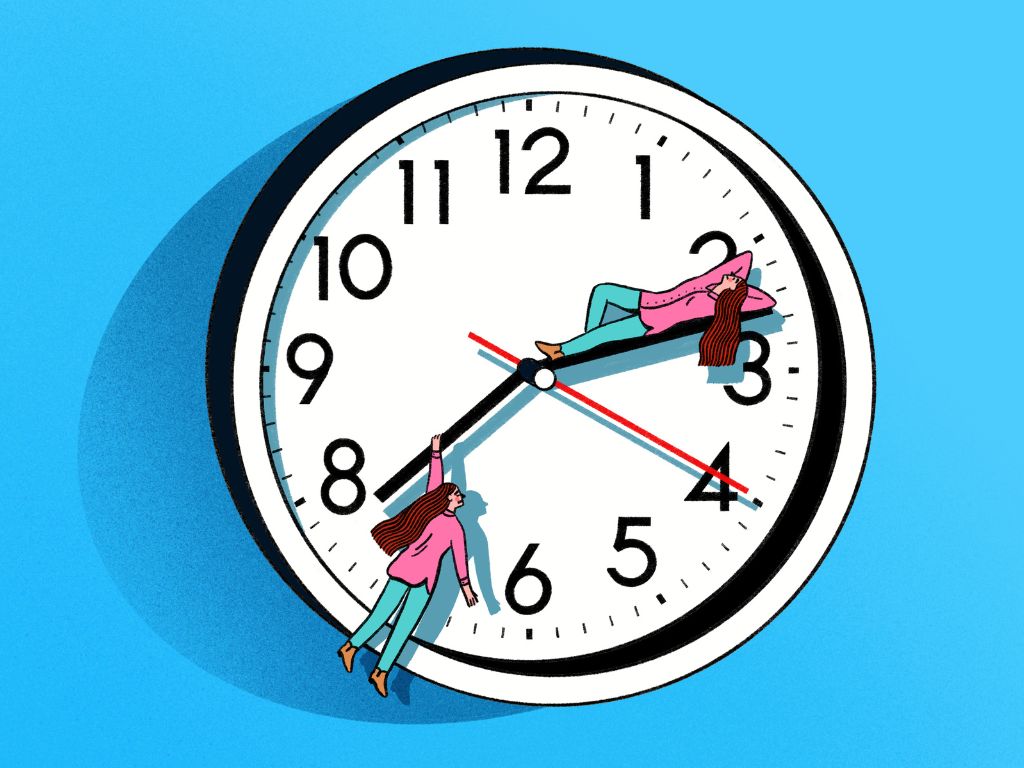
Women over 50 have been the world’s unpaid goodwill economy. Here’s how to start collecting.
Payback is a b*tch, and honestly? So is being told to “pay it forward” when women have already been paying out like human ATMs for decades. American women perform nearly 76 percent of total hours of unpaid care work—labor valued at over $1 trillion a year. Globally, women do three times as much unpaid labor as men. That’s not kindness; that’s economic exploitation.
Women have been underwriting the world’s goodwill economy for generations—motherhood, caregiving, office diplomacy, hosting Christmas dinners, remembering everyone’s birthdays, being the emotional shock absorber for men who can’t name their feelings. No compound interest, no line item in GDP—just years of invisible contributions.
So forgive me if I roll my eyes when someone suggests I just “do something nice for someone” with no strings attached. That’s not new. That’s the job description most women inherit long before they learn to say “no.”
The Breaking Point
I hit my breaking point a couple of years ago when a friend asked me to organize and host her daughter’s wedding shower— this wasn’t the first big ask from this family. When I suggested she trim her guest list from 60 to 40, she looked wounded. “But you’re so good at this.” Translation: You’re free labor, talent, and time.
I said yes. What I should have said was no.
And here’s the part I’m still unlearning: Why did I say yes? Because saying no risks being labeled selfish. Because competence gets treated like an obligation. Because women’s time is assumed to be elastic and available.
The real question isn’t whether to pay it forward. It’s how to do it without paying the price we’ve always paid.
The Exhaustion Economy
Here’s what I’m done with:
Being the default giver because I’m female.
Being told that because I run my own business, am a SAHM, or a full-time caregiver (fill in the blank), my time is somehow less valuable than someone with a “real” job.
Being expected to pay it forward without ever being paid back.
I do wonder—is that wrong? Should I only give if I never expect anything in return? Some would say yes. But after decades of draining my tank for others, I’m not so sure anymore.
A while back, a neighbor asked if I could “just quickly” look at her daughter’s college application (I was a college consultant for years). When I mentioned I was running a new business and no longer practicing, she said, “Oh, but you have time, don’t you? And you’re so good at it.”
I caved. Again.
But when I later asked her for a small favor, she replied, “Sorry, too busy.”
Ick.
The Guilt Spiral
But here’s the twisted part: Even knowing it’s unfair, we feel guilty for being resentful. We’re so conditioned to give that saying no feels like a moral failing. The free-time gender gap isn’t just a statistic; it’s a psychological wound.
From childhood, girls get rewarded for being helpful and selfless. In midlife, it’s hard to separate our utility from our identity.
My friend Christine, retired after 35 years of teaching, spent two years caring for her mother-in-law with dementia. When she finally hired help so she could take a weekend trip, she spent her “vacation” texting the caregiver and apologizing to her husband. “I felt selfish,” she admitted, even though she was exhausted. This is the double bind: We give until we break, then feel guilty for breaking. We get angry at being taken advantage of, then angry for being angry. It’s emotional quicksand—the harder we fight, the deeper we seem to sink.
Banking Your Good Deeds
The antidote isn’t selfishness—it’s strategy. Choosing where we spend our emotional currency so every kindness feeds us as well as those we love.
Hello, time banking. For every hour of help given, a person earns one “time dollar” or “time credit,” which the recipient can repay by helping someone else. Time banking flips the script by assigning real value to every hour—whether you’re tutoring calculus or driving someone to chemo, you earn credit for yourself. Barbara, 67, offers grocery runs and dog walks; her 47 banked hours represent over $1,400 in services she won’t have to pay for. Margaret, a retired accountant, swaps tax prep for housecleaning, turning “worthless” skills into real-world currency.
The radical part? Your labor finally has a paper trail—credits you can claim for future home repairs, rides, tech support, or even just a companion to water your plants while you travel. Seniors in time banks not only stay independent longer and feel more connected, but policymakers love that these systems mobilize the “young-old” to support the “old-old,” strengthening community as needs grow and resources shrink.
Time banking works because it acknowledges what women have always known: Our labor has value. It means helping in ways that also nourish you—connection, skill-building, purpose, or the satisfaction of a support network that will catch you if you fall.
The empowering part? Kindness finally comes with checks and balances.
Your Move
This isn’t about demanding quid pro quo for every smile. It’s about treating generosity like the finite resource it is.
Women over 50 carry families, workplaces, and communities on our backs. If we stopped “paying it forward” tomorrow, society’s social fabric would collapse. We already know that.
The point isn’t to stop giving.
It’s to stop being expected to do it for free, and without some guardrails.
We’ve bankrolled the world’s goodwill economy long enough. From here on out, pay it forward comes with terms—and a receipt.
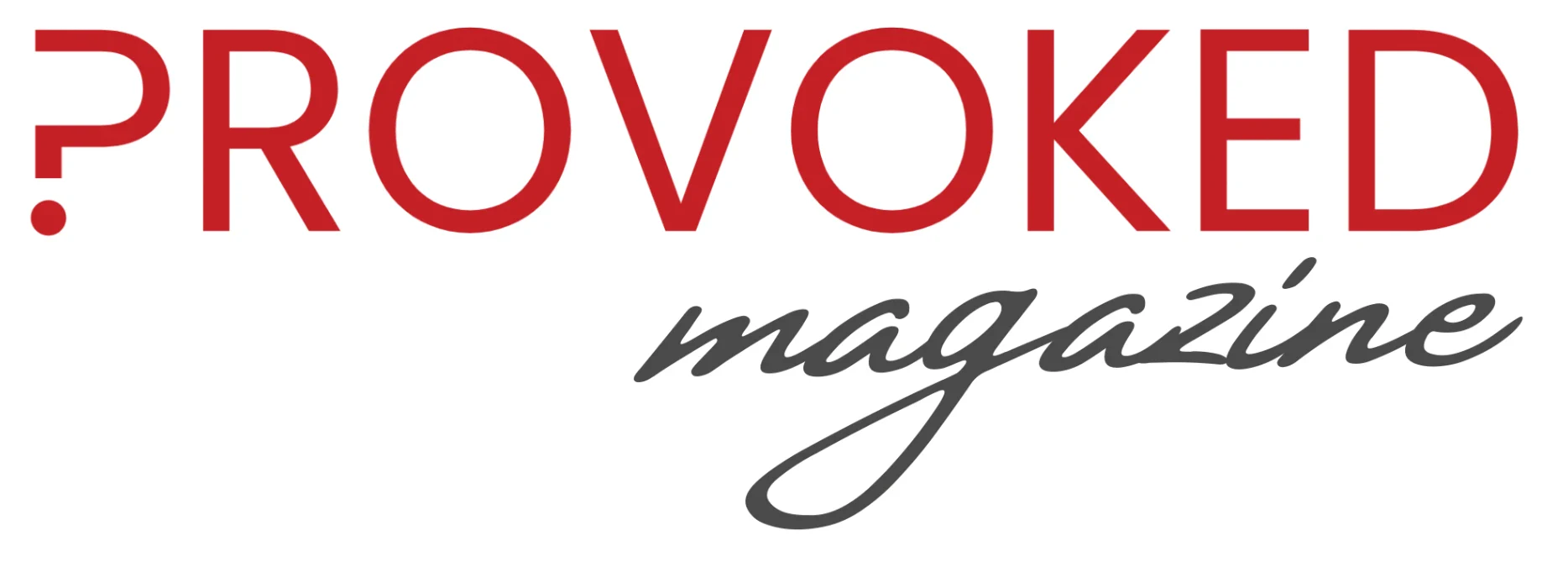
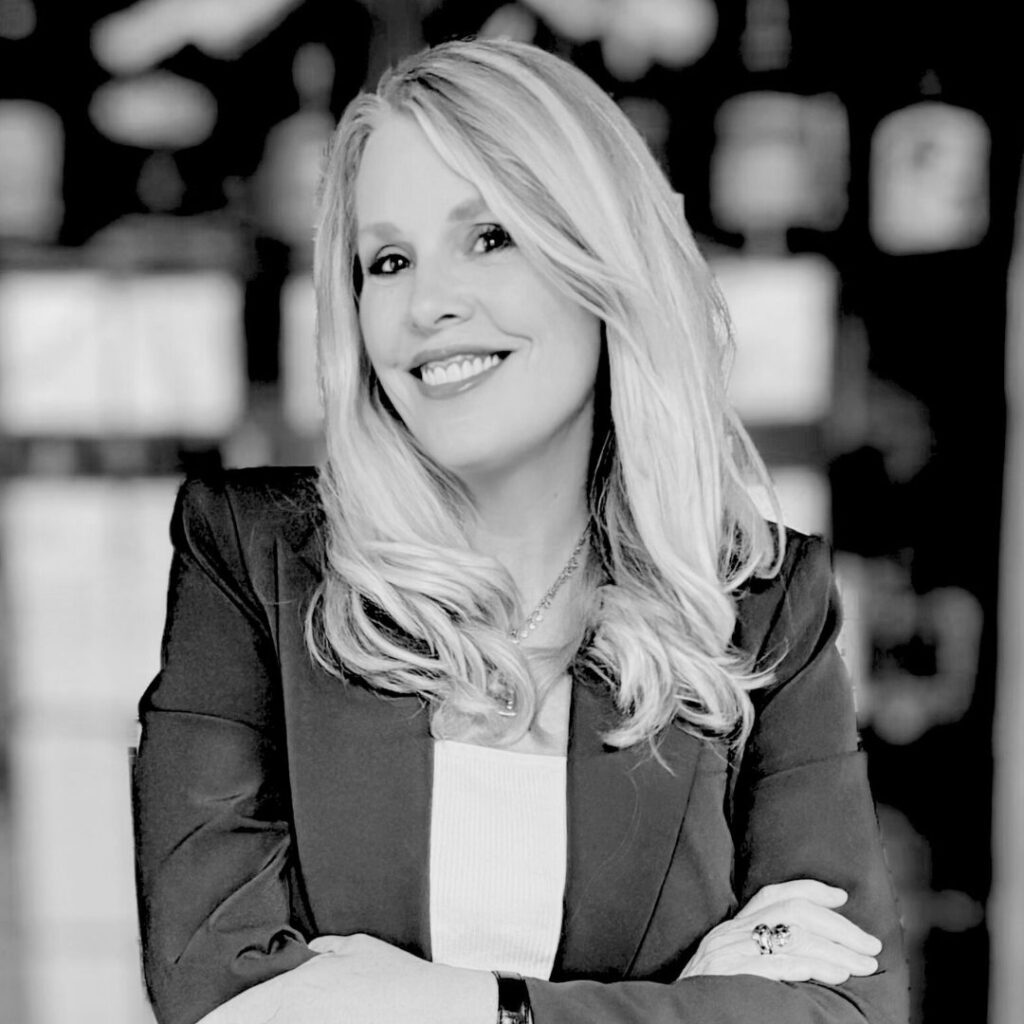



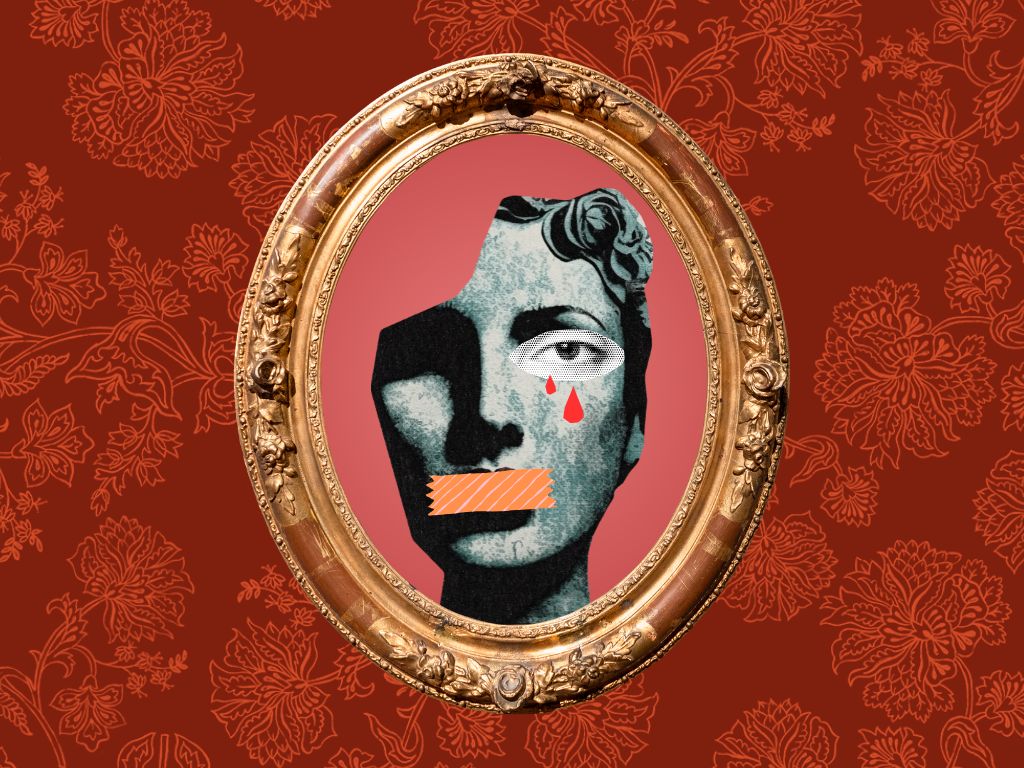
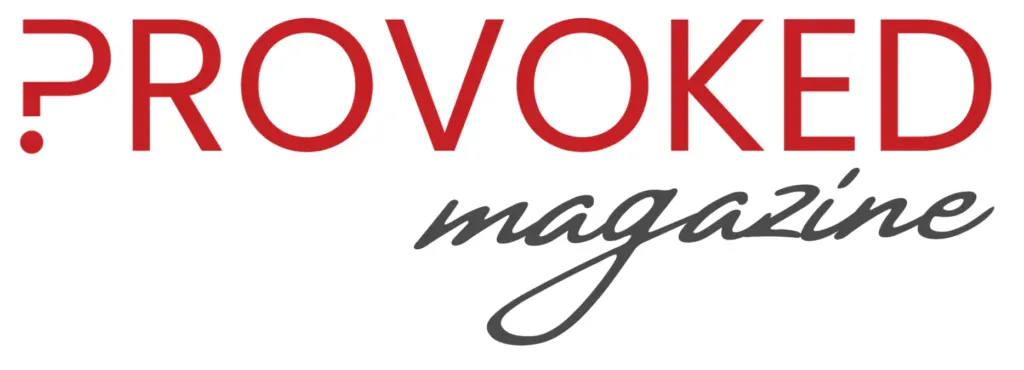
2 Responses
Loved this article, Susan! Time banking is a term new to me, and I think it’s awesome.
Margie, Interesting idea right? I wish it were more mainstream and women 60+ had more access to these kind of reciprocal arrangements. Would be a community game changer. s.